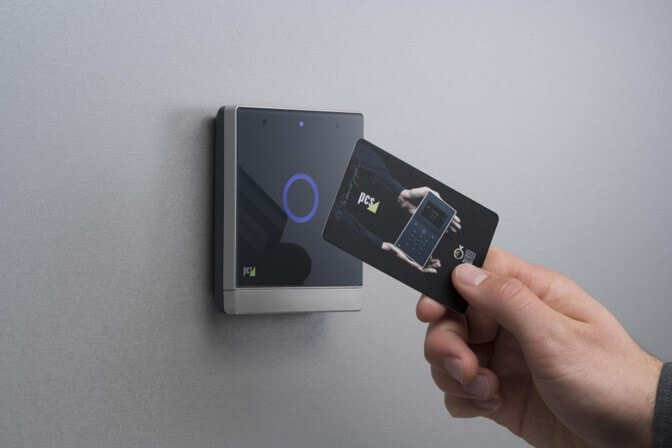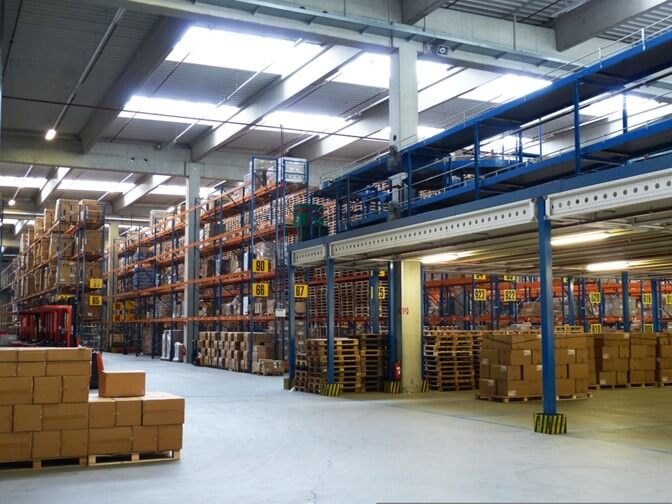Radio Frequency Identification is the full meaning of RFID. It involves tracking devices with radio frequency through tagging to transfer data. The tagged reader can be portable or permanently attached to a product. The whole concept is network-connected.
Radio waves are used to transmit signals to activate the tag. After activation, waves are sent back to the antenna through the RFID tag. The RFID tag receives the radio signal. In this case, it acts as a transponder.
RFID overall uses electromagnetic fields to identify magnetic fields and track tags attached to objects. The automatic system uses a transponder, receiver, and transmitter to deliver accurate results.
Here are some of the scenarios where RFID can be useful.

- In casinos, RFID is fitted as robbery-proofed chips for easy tracking.
- They are used in weapons such as guns to aid in weapon control departments.
- RFID as an anti-theft device in smart fitting rooms.
- The health care department uses this technology to track sophisticated hospital equipment.
- In amusement parks, it lowers staffing costs, reduces wait time in lines, and provides operators with movement information of the visitors.
- Golf balls are tracked on the golf course using this vibrant technology.
- The technology in RFID enables the measuring of incoming and outgoing stock in the warehouse. It also supports locating specific products in a large warehouse.
Is it changing the future of logistics and supply chain management?
Logistics and supply chain management has not been left out in the RFID technology. The automation aspect of RFID reduces the need for humans in the supply chain. There are great transformations in performance and expenses in logistics and supply chain management.
The processes are made quicker, more convenient, and error-free. RFID improves the visibility of a product right from manufacturing to the supply chain and when the product exits the warehouse. It is obviously efficient and affordable.
There is a promising future with RFID in the supply of logistics and supply chain management.
Usage of RFID at each stage of the supply chain.
Factory
Tracking begins at the manufacturing level where item encoding with RFID tags begins. Its data is entered into the system. During item quality checks, they are scanned again, and finally, the last scan happens when items are moved to the warehouse.

Warehouse
RFID tags of items from the manufacturer are automatically scanned at the receiving dock. Instant reconciliation is done against inventory order lists.
Customer/Store
RFID tags enable real-time tracking of items during the shipping process. A final confirmation is done once the goods have reached their destination. Customers are provided with real-time data about product availability in the store.
Benefits of RFID in supply chain management.
Time-saving
Labor-intensive work in the business has been crossed out by the automatic system of RFID technology. Examples include recording incoming and outgoing products.
Asset tracking improvement
RFID technology has enabled businesses to track assets right from office machinery, portable items, and production materials to forklifts. The loss of these vital items has been greatly reduced in businesses.
Production control
Efficiency is improved and waste is reduced through the identification of individual components or items in a perfect system for customized storage and manufacturing.
Health and Safety
Serviced and inspected equipment is used to make sure that health conditions in a working environment have been met. Faulty machinery can be easily identified and restricted from operating until all dangers have been crossed out.

Accuracy booster
Manually recorded data has a great chance of human error. In RFID technology, mistakes have been reduced if not removed, in transcription and duplication during data collection.
Lesser processes
Automated picking systems and voice solutions reduce the time taken to process and deliver products to consumers or stores.
Good inventory management
RFID systems offer the reliability of in-stock product tracking. Real-time data on inventory levels is achieved through the integration of RFID and warehouse management systems.
More revenues
Improved inventory management has boosted efficiency and created a safe work environment. The cost of goods has been reduced, improved customer service, and generated better profit margins for a business.
Easy traceability
RFID has come in handy due to increased requests for visibility and transparency by customers. They can now track the shipment of their products from warehouses to the store.
